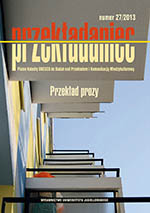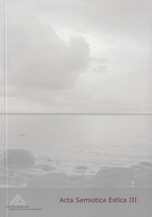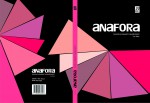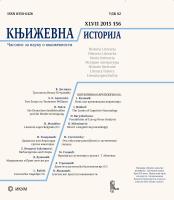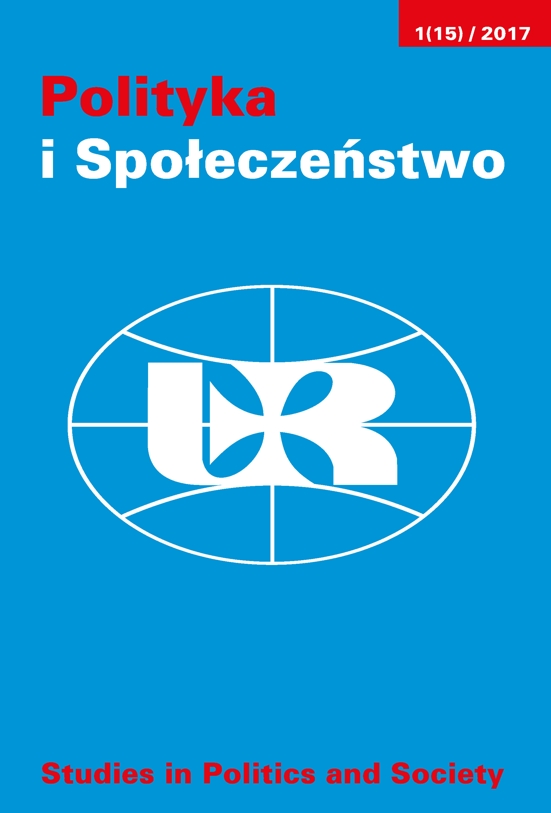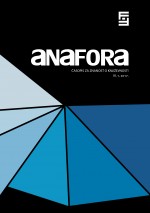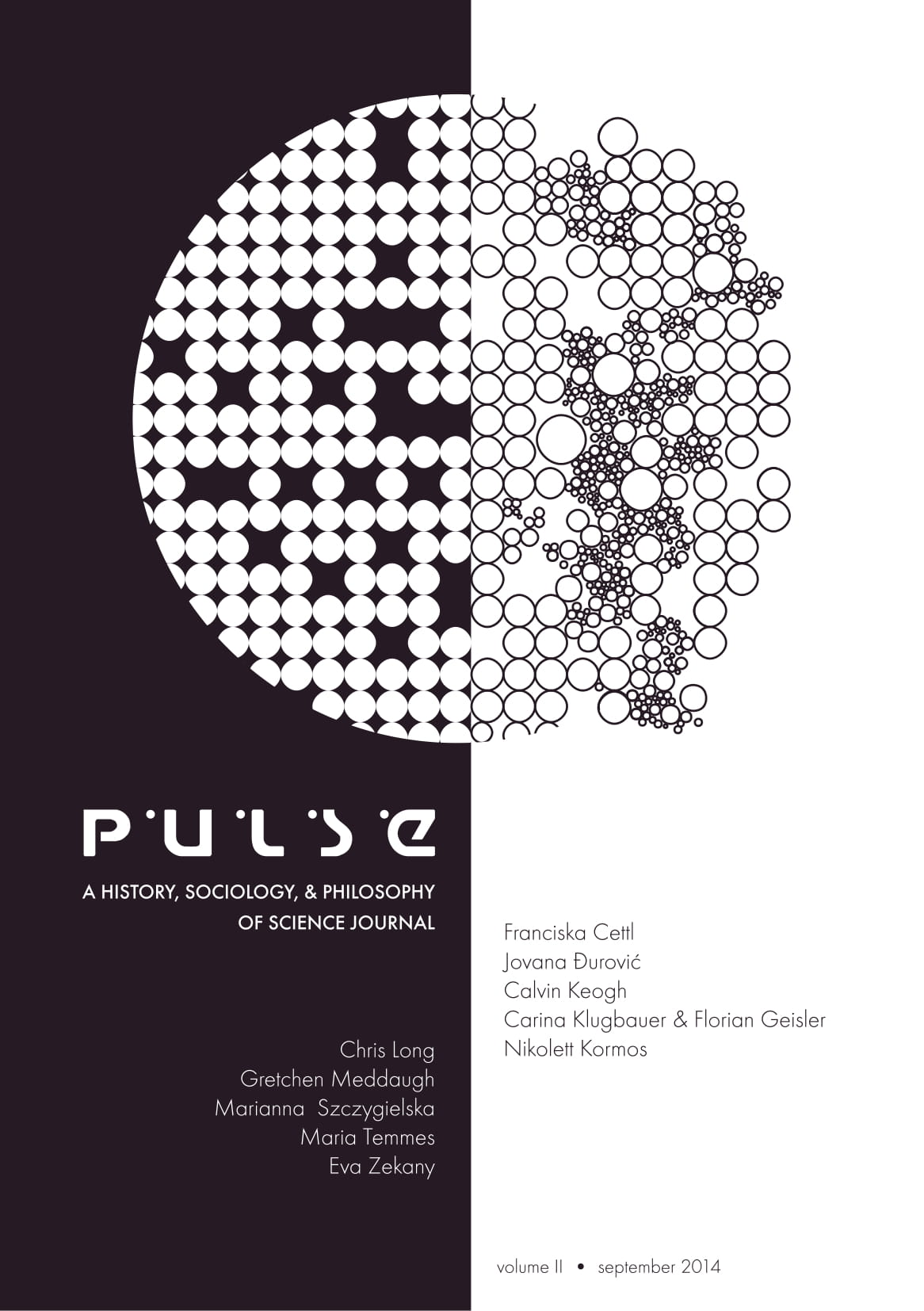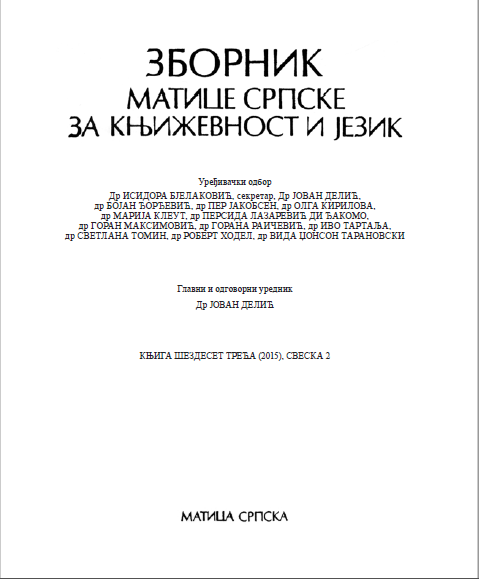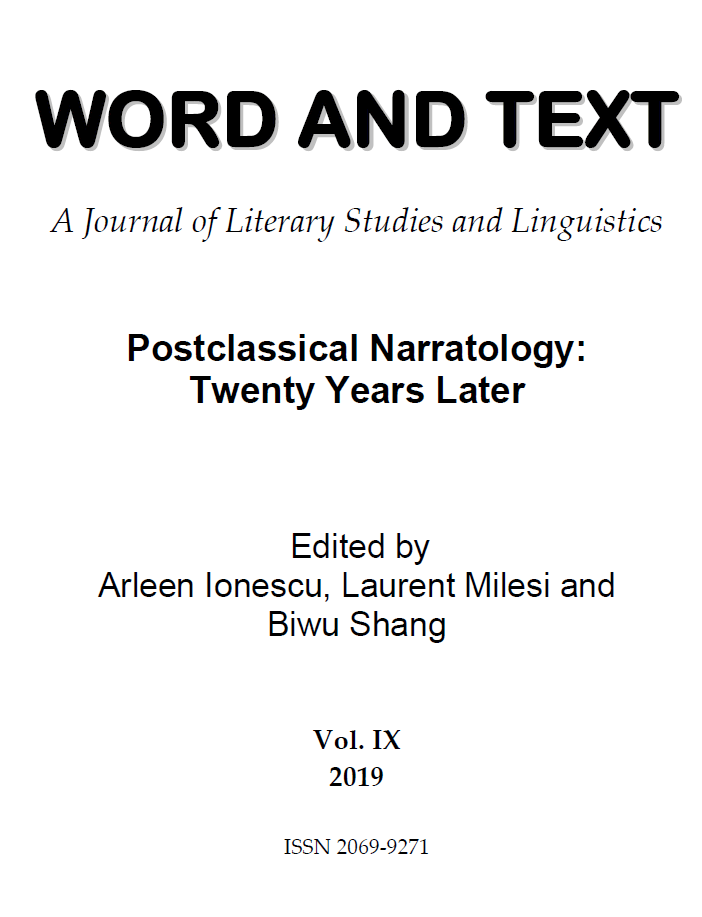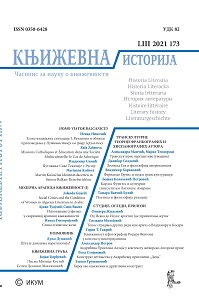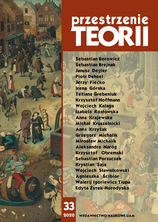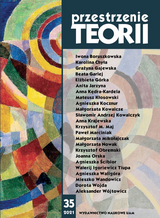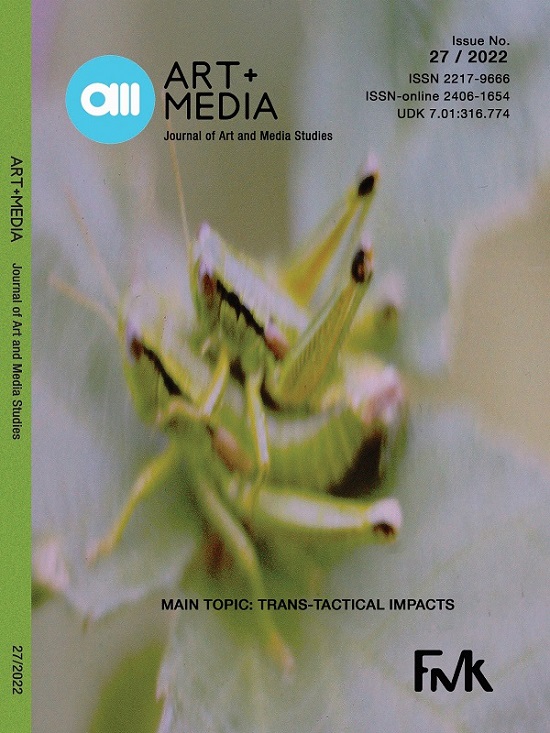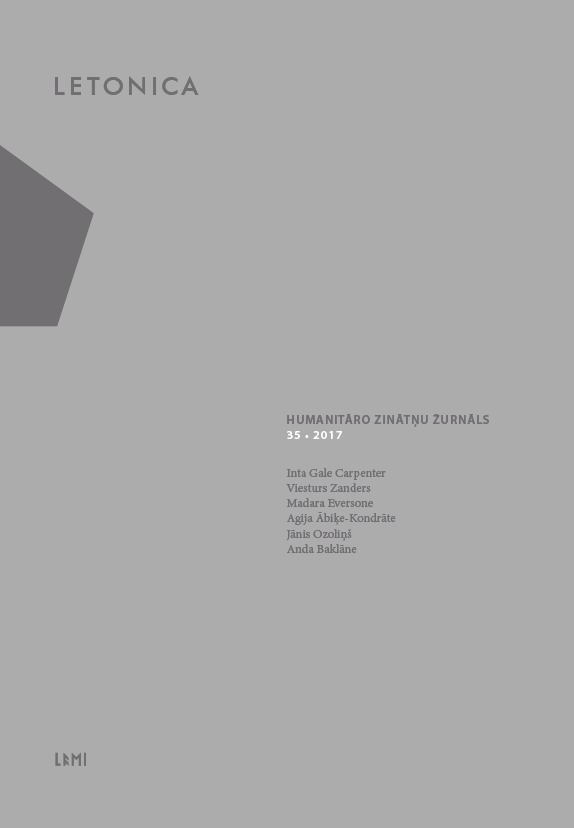Naratoloģijas kā disciplīnas raksturojums
Author(s): Jānis Ozoliņš / Language(s): Latvian
/ Issue: 35/2017
Keywords: narratology; narrative; Russian Formalism; French Structuralism; Post-Structuralism; corpus argument;
The article examines the development of narratology from its inception to the latest trends, showing the crisis of discipline and the prospects for the future progress. Within structuralism and semiotics ‘narrative’ was one of the study fields uncovering ‘deep structure’. The quest for universal categories determined the ambition of structural narratology as a discipline, with the help of the description reducing narrative structure to the combination of formal elements. In the article Introduction à l’analyse structurale des récits by Roland Barthes that was published in the journal Communications 8 in 1966, the understanding of the narrative did not confine to literary narratives alone, but it became an object of research for structural narratology. Comprehension of the structure of text within narratology was influenced by the binary model of the sign offered by Ferdinand de Saussure, as well as latest discoveries in linguistics that were discussed and incorporated in the literary theory during the 1950s and 1960s. Morphology of the Folktale by Vladimir Propp is one of the milestones in the context of classical narratology, analysing the narrative as a grammatical system. Selecting 100 Russian folktales as a research object, Propp described their general structure and regularities, demonstrating the limited number of elements that were used, and offered the classification after morphological parameters. French structuralists later on hastily applied these features to the analysis of literary narrative, but it should be noted that the universal model of plot proposed by Propp illustrates primitive narratives where reiteration has a functional dimension by transmitting texts. Although primitive narratives follow a certain scheme, the basic units of the narrative demonstrate universal phenomenon. It was soon realized by the structuralists. Mutual emulation created a series of theoretical constructions seeking for the smallest narrative unit, most comprehensive explanation of the concept of narrative, venturously offering an arsenal with new concepts in order to make the description process more accurate. Gérard Genette replaced the binary opposition of story/fable that was adopted from formalists with the three-part model, thus offering new perspectives on the temporality and the point of view in the analysis of literary text. Decentralized approach to knowledge of Post-Structuralism, as well as interest in ideologies, marginalized and the other, contributed to the crisis of formal approach in narratology. A new challenge was also presented by more complicated types of literary narratives—often atopic, atemporal, fragmented. Particular importance in the crisis of structural narratology was the idea of “grand narratives”—a term introduced by the French philosopher Jean-François Lyotard in his significant book La condition postmodern: rapport sur le savoir (1979). Although Lyotard’s study is dedicated to science, universal statements more widely influenced culture studies and the development of literary theory. In the context of narratology Lyotard contributed to a double ‘fracture’. First, the quest for narrative structure turned out to be not only intractable, but also abstract, because of the lack of the context. Second, “small narratives” came to the forefront, thus emphasizing the other and marginal, for instance, gender, race, social class, etc. This shift of interest from structure to context was termed by David Herman as the postclassical phase in narratology that initially sought to divest from the overwhelming heritage of structuralism, interacting more with gender and postcolonial studies as well as with the New Historicism and anthropological theories. In the coming decades the denial of structural heritage is softened. The expanded criticism that was carried out by post-structuralists contributed not only to a new theory influx in the narrative research, but also hybridisation. The change of focus marked rather radical rearrangement of interest in narratology, switching from the systemic view of literary functions to the analysis of context and cognitive poetics. Narratology nowadays is not evading from the epistemic polimodality of the text that rejects the categories of neutral and universal. On the contrary, the various theoretical ramifications demonstrate avoidance of creating generalized concepts and new supertheories.
More...
